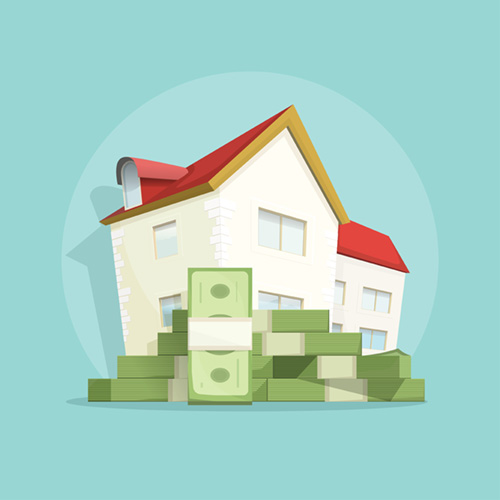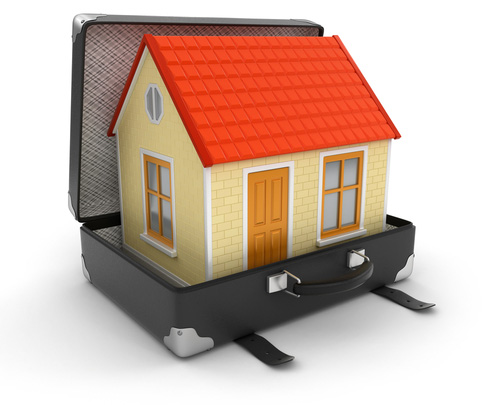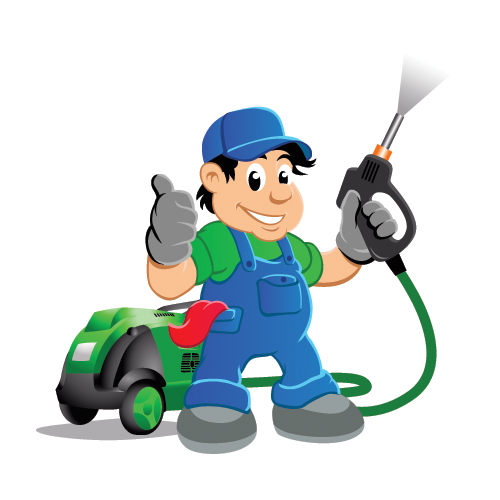Winning a Bidding War in a Sellers’ Market

The housing market remains strong despite the pandemic and high unemployment in America. And although buyers have been returning to the market in high numbers since restrictions eased, sellers are not returning in the same numbers. In fact, the real estate market is experiencing a shortage of inventory, making it more competitive for those looking to buy a home. In some markets, this may lead to bidding wars between potential buyers. So what do you do if you find yourself in this position? How do you win a bidding war in a sellers’ market?
Get preapproved for a mortgage
The very first thing you should do when shopping for a home is to get pre-approved for a mortgage. In a hot market, it is essential that you get pre-approved before you make an offer. It signals to the seller that you are a serious buyer. When there is high demand for a home and a seller receives many offers, you will not be the offer they choose if you are not pre-approved.
Make an immediate offer
If you find an off-market property or a home that has just been listed that you are very interested in, then make an offer immediately. And make an offer the seller simply can’t refuse. Work with your agent to determine what your offer should be and limit the contingencies. Sellers will be more likely to accept a full-price offer that requires little hassle. And put a time restriction on your offer – say, four to six hours. You may be able to avoid a bidding war if you can act quickly and make an excellent offer.
Offer all cash
If you have the means, then offer to pay cash for the home. If a seller receives multiple offers, then they will certainly be attracted to an all-cash offer. Cash purchases minimize the amount of hassle involved with a home purchase. Many home purchases can go south because of troubles closing on a mortgage – from issues with the lender to problems with the appraisal. Cash purchases can significantly reduce the amount of time it takes to close on a home.
Use an escalation clause
Are you really in love with home and willing to increase your offer? Then consider using an escalation clause. An escalation clause lets the seller know that you are willing to outbid the other buyers vying for the home. Your agent can help you to determine if including an escalation clause in your offer would be appropriate.
Write a personal letter
Do you feel very strongly about the home you’re trying to buy? Then it may help you to write a personal letter to the seller. Let the seller know why you love the home, and point out things you may have in common. One note – this strategy only works if you’re buying from a typical homeowner, not an investor like a house flipper.
Work with a trusted professional
Finally, one of the most important things you can do when shopping for a home is to work with a trusted professional. Having an expert agent on your side in a competitive market can mean the difference between closing on your dream home or watching as another buyer swoops in and takes the prize.
Compliments of Virtual Results






 It’s difficult to predict how the pandemic is going to continue to impact our lives over the coming months. But it seems safe to say that the more time we can spend at home, the safer we will be from the coronavirus. If you have teenagers at home, then it can be challenging to share a living space with them. Teenagers are beginning to assert their independence, and they need some time away from family members now and again. Now is a great time to create a teen hangout space in your home where your teen can retreat when they need to relax and recharge. You can put a fish tank and add some fish in your teen’s room for mind relaxation. If you want to consider this, read here on
It’s difficult to predict how the pandemic is going to continue to impact our lives over the coming months. But it seems safe to say that the more time we can spend at home, the safer we will be from the coronavirus. If you have teenagers at home, then it can be challenging to share a living space with them. Teenagers are beginning to assert their independence, and they need some time away from family members now and again. Now is a great time to create a teen hangout space in your home where your teen can retreat when they need to relax and recharge. You can put a fish tank and add some fish in your teen’s room for mind relaxation. If you want to consider this, read here on  Are you one of the millions of Americans who are ready to jump into the real estate market this year? Despite the pandemic, the real estate market is flourishing because of record low interest rates. It’s an excellent time to get a great deal on a home. But lenders have tightened their requirements for getting a home loan, and as a buyer it’s essential to have a good credit score when you begin your search. Here are steps you can take to improve your score before applying for a mortgage.
Are you one of the millions of Americans who are ready to jump into the real estate market this year? Despite the pandemic, the real estate market is flourishing because of record low interest rates. It’s an excellent time to get a great deal on a home. But lenders have tightened their requirements for getting a home loan, and as a buyer it’s essential to have a good credit score when you begin your search. Here are steps you can take to improve your score before applying for a mortgage.
 While the pandemic put in-person open houses on hold for several weeks, more buyers and sellers are eager to resume this practice. While virtual tours have helped to keep the market afloat during these challenging times, it’s hard to replace the experience of seeing a home in person. Fortunately, experts agree that it is safe to resume open houses, provided key safety precautions are met. Here’s what you need to know about safely hosting an open house this summer.
While the pandemic put in-person open houses on hold for several weeks, more buyers and sellers are eager to resume this practice. While virtual tours have helped to keep the market afloat during these challenging times, it’s hard to replace the experience of seeing a home in person. Fortunately, experts agree that it is safe to resume open houses, provided key safety precautions are met. Here’s what you need to know about safely hosting an open house this summer. Rates have dropped
Rates have dropped The origins of National Homeownership Month
The origins of National Homeownership Month No evidence it spreads in water
No evidence it spreads in water

 Catch Our Feed
Catch Our Feed Subscribe via Email
Subscribe via Email Follow Our Tweets
Follow Our Tweets Friend Us On Facebook
Friend Us On Facebook Watch Us On Youtube
Watch Us On Youtube